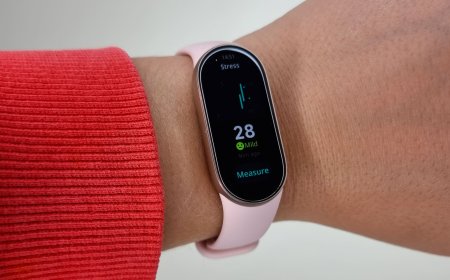Top Cybersecurity Tips for Online Safety
In today's interconnected world, the importance of cybersecurity cannot be overstated. As we increasingly rely on digital technologies for various aspects of our lives, from communication and entertainment to banking and shopping, the risk of falling victim to cyber threats grows. Cybercriminals are becoming more sophisticated, using advanced techniques to breach security systems and steal sensitive information. Therefore, it is essential to adopt robust cybersecurity practices to safeguard your online presence.
One of the most effective ways to enhance your cybersecurity is by using strong, unique passwords for all accounts. Avoid using easily guessable information such as your name, birthdate, or common words. Instead, opt for a combination of uppercase and lowercase letters, numbers, and special characters. Additionally, consider enabling two-factor authentication (2FA) whenever possible. 2FA adds an extra layer of security by requiring a second form of verification, such as a code sent to your phone or a biometric scan, in addition to your password.
Keeping your software and operating systems up to date is another crucial aspect of cybersecurity. Updates often include patches for security vulnerabilities that have been discovered since the last version was released. By regularly updating your devices and applications, you can protect yourself against known threats and reduce the risk of a successful cyber attack. Moreover, be cautious when clicking on links or downloading attachments from emails, especially from unknown senders. These could be phishing attempts or contain malware designed to compromise your device.
Using a reputable antivirus program and a firewall can also significantly improve your online safety. Antivirus software helps detect and remove malware from your device, while a firewall acts as a barrier between your computer and the internet, blocking unauthorized access to your system. Furthermore, when using public Wi-Fi networks, consider employing a virtual private network (VPN). A VPN encrypts your internet traffic, making it much harder for hackers to intercept your data.
Beyond these technical measures, practicing good cybersecurity hygiene involves being mindful of the information you share online. Be cautious about posting sensitive details on social media, as this information can be used by cybercriminals to guess your passwords or answer security questions. Regularly review your privacy settings on social media platforms and other online services to ensure you are comfortable with the information being shared.
Finally, staying informed about the latest cybersecurity threats and trends is vital. Cyber threats are constantly evolving, with new types of malware and attack methods emerging regularly. By keeping up to date with the latest news and advice from cybersecurity experts, you can stay ahead of potential threats and adjust your security practices accordingly.
In conclusion, protecting yourself from cyber threats requires a combination of technical measures, such as using strong passwords and keeping your software up to date, and good cybersecurity hygiene practices, like being cautious with the information you share online. By following these top cybersecurity tips, you can significantly enhance your online safety and reduce the risk of falling victim to cybercrime.





















